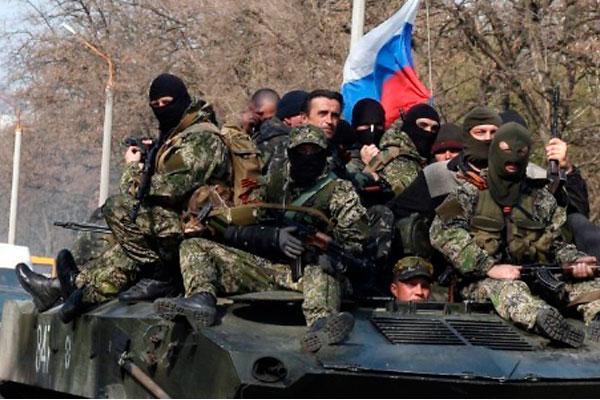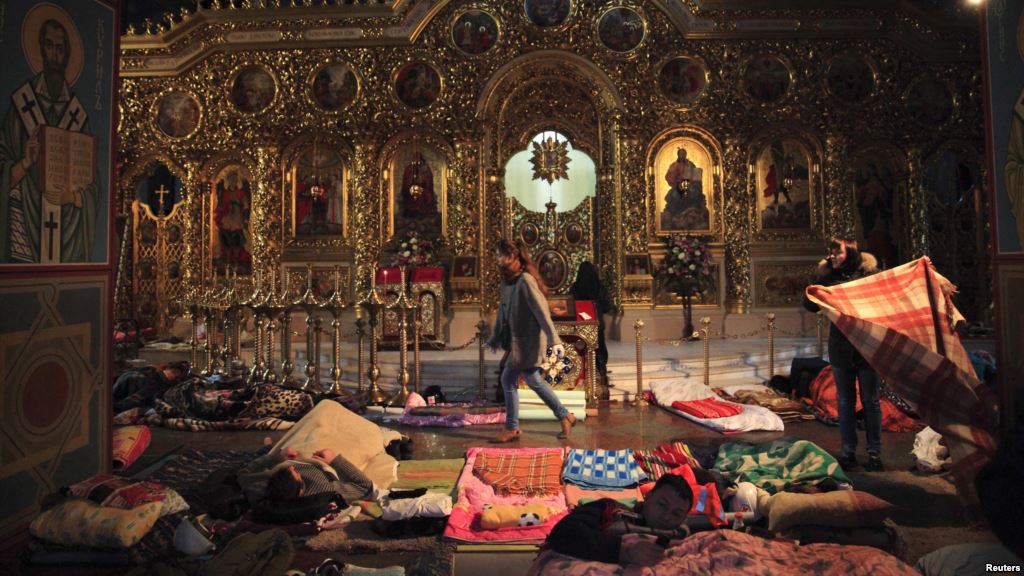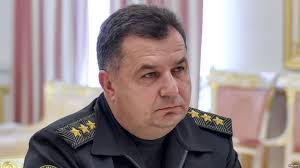Because of the nature of the war in Ukraine and the kind of people who have gone to fight there, Donbas “veterans” suffer from a special “Donbas syndrome” and constitute a bigger threat to themselves and to society when they return to Russia than did the veterans of the Afghan and Chechen wars before them, according to Russian psychologists.
“In the near term, Russia will face a phenomenon which could be worse than those which followed the end of the Afghan and Chechen wars,” Kirill Krivosheyev says in surveying the opinions of experts, and that is something psychologists and law enforcement personnel are only beginning to think about.
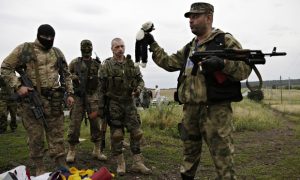
“From the war in the eastern portion of Ukraine will be returning volunteers and mercenaries, people who, unlike the soldiers of a regular army, have not passed through any, even a cursory check-up by a psychiatrist or drug addiction specialist,” the journalist continues. And he asks, “will we be able to live alongside them” when they get back?
The fact that war inflicts terrible psychological damage on those who engage in it is common knowledge. Russians already routinely speak about an “Afghan syndrome” and a “Chechen syndrome” as ways of identifying the consequences of two most recent conflicts. Now, they are beginning to talk about a “Donbas syndrome” and to think about the post-traumatic stress syndrome it involves.
Besides the post-traumatic stress syndrome that one would expect, there are other problems including alcohol and drug dependence, according to Aleksandra Bukhanovskaya, head of the Phoenix Rehabilitation Center in Rostov. And those problems are far greater with the Donbas "veterans" than they were with those from earlier conflicts, she says.
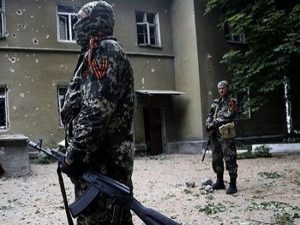
The reasons are not far to seek. “It is unlikely that someone who is mentally ill will be taken into an army, but in the case of volunteers, that is completely possible,” she says, adding that this war as a result may serve as a trigger for the manifestation of the problems which led those who went to the Donbas to go in the first place.
As a result, those who return are likely to find it especially difficult to re-adapt to society, their families and jobs and thus to fall into depression or criminal activity. And that activity may take violent forms, Bukhanovskaya continues, because such people are all too ready to blame others and to use the techniques that worked for them in combat.
And few of them are likely to seek help, not only because of the stigma involved but also because they are the very last people to believe that they have a problem, she says. There are hundreds, if not thousands of such people in Rostov, but only one has sought psychological help in her institution, the doctor says.
Officials are already worried about the way in which such “veterans” are inclined to turn to criminal activities. In Rostov, law enforcement agencies have issued 11 announcements about such things in the first 2.5 months of this year, more than all such releases made during 2014.
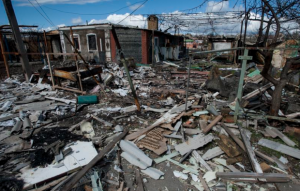
Stanislav Gushchenko, a military psychologist, says that the ability of former combatants to adapt back into civilian life has, in his view, less to do with whether they were volunteers or compelled to fight than with the social milieu from which they came. And in that too, the Donbas “veterans” are a bigger problem than their predecessors.
Russians drafted or coming from villages are more likely to have had run-ins with the law and thus to view the world in black or white terms than are those from cities, he says; and those who have fought in the Donbas are more likely to come from the villages than from the cities – and they are also more likely to have survived and return home more aggressive than they were.
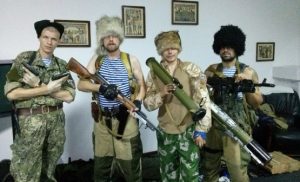
“Crudely speaking,” Gushchenko says, “good boys will destroy themselves; bad ones will destroy everything around them… In war, [the fighter] is a superman. He is fulfilling a holy patriotic task and being paid; but the main thing is that by force of arms you can change the fate of people and receive all that you want.” On return to civilian life, everything changes.
Some of the returning Donbas "veterans" will be attracted to simple criminal activity; others will get involved in groups like certain Cossack organizations that want to use force against those they don’t like or approve of – and that too constitutes a serious threat to Russian society, Krivosheyev says.

